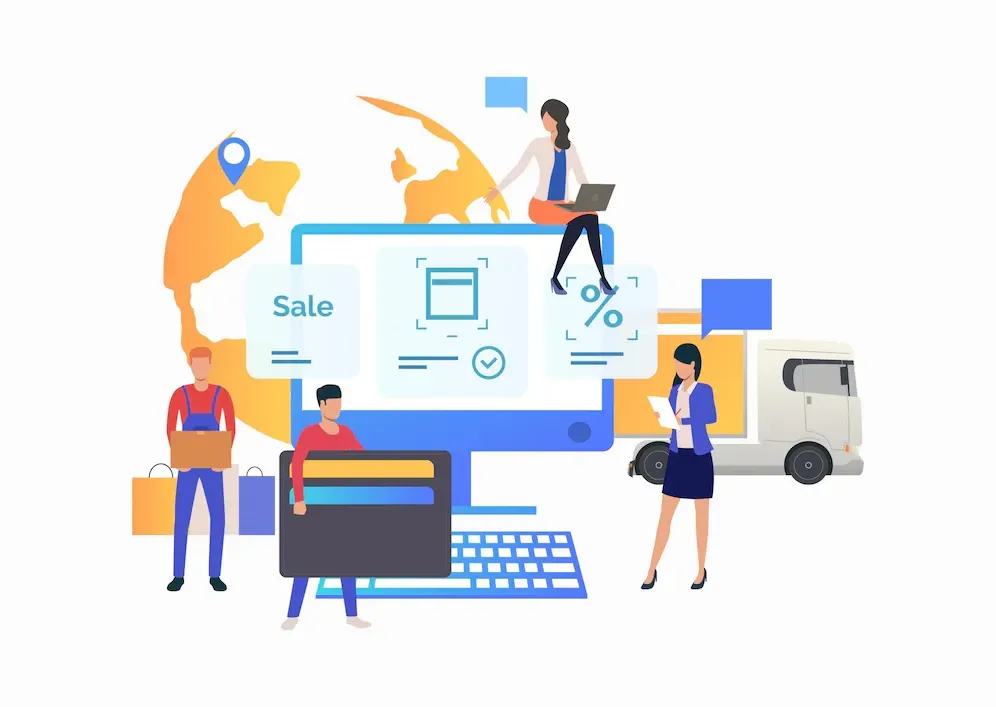
This transformation is delivering tangible benefits across key functions like sales, marketing, supply chain management, and product development. Consumer packaged goods (CPG) are items used daily by consumers that require frequent replacement, such as food, beverages, clothes, and cosmetics.
The industry has always been data-rich, yet with the advent of advanced CPG analytics, it's undergoing a massive transformation.
Let's learn how are these analytics truly changing the game?
1. Unearthing Consumer Insights
These analytics offer a thorough understanding of the consumer, which is one of their main benefits. Businesses can more effectively design their products for particular market segments by looking at demographics, buying trends, and preferences.
These discoveries may help in the development of more focused marketing initiatives that increase conversion rates. Additionally, these deep dives into consumer behavior can predict shifts in the market before they occur, allowing brands to proactively adjust their strategies. It's no longer about reacting to market changes but predicting and influencing them.
This proactive approach gives companies a competitive edge, ensuring that they remain a step ahead of their competition.
2. Streamlining Supply Chains
Advanced analytics play a pivotal role in supply chain optimization. By analyzing sales forecasts, seasonal trends, and external factors, businesses can adjust their inventory levels more effectively. This not only reduces carrying costs but also minimizes the risk of stockouts or overstocks.
In an era where just-in-time inventory is becoming the norm, understanding these analytics becomes crucial. Delays in the supply chain can lead to lost sales opportunities and disgruntled customers. However, when companies have insights from analytics, they can forecast potential disruptions and develop contingency plans.
Furthermore, as sustainability becomes a growing concern, optimized supply chains mean less waste and a reduced carbon footprint.
3. Enhancing Product Development
The days of guessing what the consumer might want next are long gone. With the ability to harness vast amounts of data, businesses can now make data-driven decisions about product development. By examining trends, feedback, and predictive analytics, they can design products that resonate more with their target audience.
The efficient use of resources is ensured by this fine-tuning of the product development procedures. It reduces the possibility of product failure and can drastically cut time-to-market cycles. By understanding consumer desires and needs in real time, companies can create products that not only meet but exceed expectations.
4. Personalizing the Shopping Experience
Imagine entering a store and finding exactly what you're seeking among the items displayed on the shelves. This is an example of the power of analytics. By utilizing insights from both online and offline channels, retailers can curate a shopping experience that feels tailor-made for each consumer.
Beyond just product recommendations, this personalization can extend to the entire shopping journey - from marketing messages to post-purchase follow-ups. It leads to increased customer engagement and, ultimately, higher sales. In a world where consumers are bombarded with choices, a personalized touch can make a brand stand out.
5. Facilitating Competitive Advantage
Staying ahead of the curve is crucial in the consumer goods market, which is experiencing fast change. Businesses can gain an advantage by using advanced analytics technologies, which offer insights into market dynamics, rival strategies, and new trends.
Armed with this knowledge, companies can make more informed strategic decisions. Recognizing market shifts early allows for rapid adaptation, ensuring a company's relevance and dominance. By analyzing competitors' moves, businesses can anticipate challenges and develop counter-strategies.
As the global market continues to evolve, being agile and adaptable becomes a necessity.
One might wonder, with all these advancements, where do CPG analytics companies fit in? These firms specialize in harnessing the data, refining it, and presenting it in actionable formats. Their expertise can bridge the gap between raw data and meaningful strategy.
In conclusion, CPG analytics are not just another buzzword in the corporate world. They represent a transformative power in the consumer goods industry. Businesses that use these advanced analytics stand to gain a major competitive advantage because they can influence everything from product creation to tailored purchasing experiences.
The importance of these analytics will only increase as the market develops, setting the way for a future that is even more centered on the needs of the consumer.